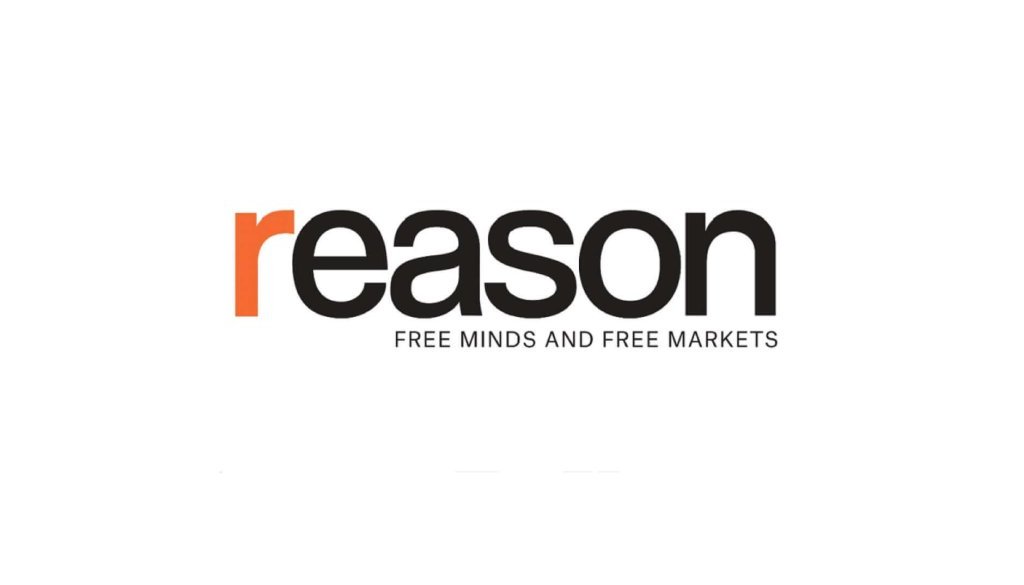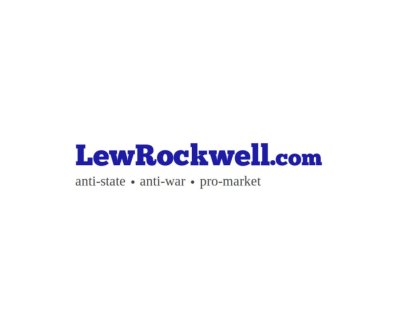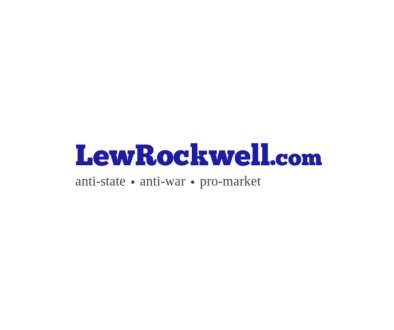Lawless V: Where Do We Go from Here?
This isn’t rocket science. University officials know how to set campus culture. Whether it’s entrepreneurship, public service, environmental consciousness, or anything else, they instill values in their students all the time. It wouldn’t be that hard to do with commitments to academic freedom, intellectual diversity, civil discourse, and returning to the core educational mission of truth-seeking and knowledge-creation. Fixing campus cultures seems like a management issue.
Indeed, the University of Chicago has largely avoided cancel-culture issues even in the last five years of campus upheaval. Former president Robert Zimmer was a rarity among his peers in standing up to all sorts of moral panics, most notably in defending geophysics professor Dorian Abbot’s right to criticize the university’s affirmative action programs.
UChicago’s law school, which is where I got my JD, has similarly avoided shoutdowns and the like. For example, when a student facilitated the disruptive protest of an event regarding Israel in April 2019, he was effectively expelled and there haven’t been any incidents since.
Creating such an environment requires intentional effort, which is to say: leadership. Dean Thomas Miles gave a presentation to alumni in May 2023 that explained the formula. First, he set out the “community priorities,” which consisted of: (1) imparting the law school’s core values (academic rigor, free inquiry, intellectual curiosity, and dialogue), (2) fostering a climate in which students build community and class affinity, (3) encouraging professionalism and respectful communication, (4) fostering a sense of belonging, and (5) promoting wellness and resilience. Miles had a separate slide on the freedom of expression, in which he discussed introducing students to the Chicago Principles (on which more shortly). Miles noted that the faculty works hard to “educate our community,” including with orientation exercises and the practice of model discourse, as at roundtables where professors debate controversial issues.
Dean Miles did have a slide on diversity and inclusion, but there were no postmodern buzzwords; even “equity” was absent. His approach is to bring people of diverse backgrounds together and help them feel welcome and prepared to succeed—while emphasizing that academic freedom and free expression are the lodestars for doing so. As I said, it’s not rocket science.
The b
Article from Reason.com

The Reason Magazine website is a go-to destination for libertarians seeking cogent analysis, investigative reporting, and thought-provoking commentary. Championing the principles of individual freedom, limited government, and free markets, the site offers a diverse range of articles, videos, and podcasts that challenge conventional wisdom and advocate for libertarian solutions. Whether you’re interested in politics, culture, or technology, Reason provides a unique lens that prioritizes liberty and rational discourse. It’s an essential resource for those who value critical thinking and nuanced debate in the pursuit of a freer society.



